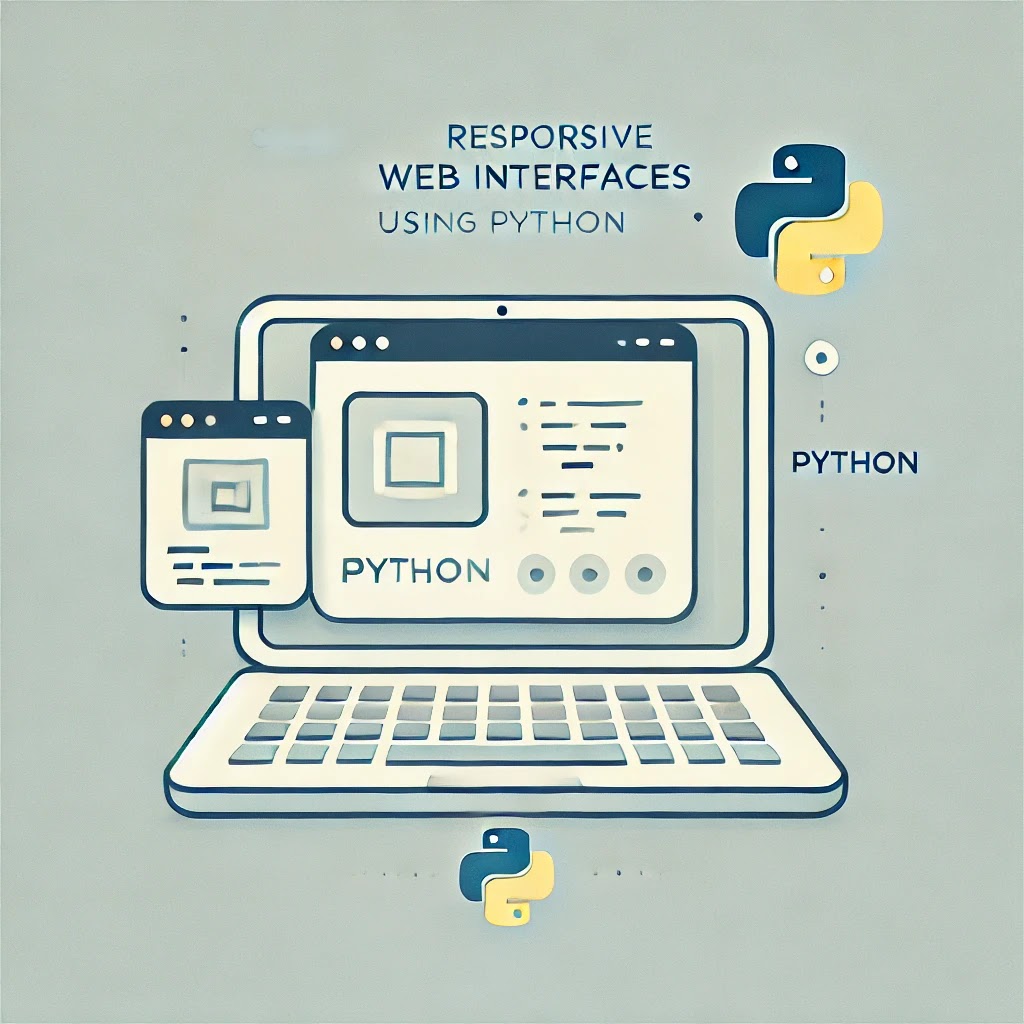 |
| neuralnarrative |
Introduction
Artificial Intelligence (AI) has rapidly evolved from a futuristic concept to an integral part of our daily lives. From voice assistants like Siri and Alexa to sophisticated algorithms that drive autonomous vehicles, AI is transforming the way we live, work, and interact. In this blog post, we will explore the profound impact of AI on modern society, examining its applications, benefits, and potential challenges. By understanding these facets, we can better appreciate the role AI plays in shaping our future.
Understanding Artificial Intelligence
Artificial Intelligence refers to the simulation of human intelligence processes by machines, especially computer systems. These processes include learning (the acquisition of information and rules for using the information), reasoning (using rules to reach approximate or definite conclusions), and self-correction. Key areas of AI include machine learning, neural networks, natural language processing, and robotics.
Applications of AI in Daily Life
1. Healthcare: Revolutionizing Patient Care
- AI-driven systems are improving diagnostics and treatment plans. For instance, IBM Watson can analyze vast amounts of medical data to assist doctors in diagnosing diseases and suggesting treatment options.
- Predictive analytics help in anticipating patient health issues before they become critical, allowing for proactive care.
2. Education: Personalized Learning Experiences
- AI-powered educational tools provide personalized learning experiences, catering to the unique needs of each student. Adaptive learning platforms adjust content based on student performance, ensuring optimal learning paths.
- Virtual tutors and AI teaching assistants can help students with their queries, offering round-the-clock support.
3. Finance: Enhancing Security and Efficiency
- AI algorithms detect fraudulent activities by analyzing transaction patterns, enhancing the security of online banking.
- Robo-advisors provide personalized investment advice based on individual financial goals and risk tolerance.
4. Retail: Transforming the Shopping Experience
- AI enhances customer experiences through personalized recommendations and virtual shopping assistants.
- Inventory management systems use AI to predict demand and optimize stock levels, reducing waste and improving efficiency.
5. Transportation: Paving the Way for Autonomous Vehicles
- Self-driving cars, powered by AI, promise to reduce accidents caused by human error and improve traffic flow.
- AI also optimizes logistics and supply chain management, ensuring timely delivery of goods.
Benefits of AI
1. Increased Efficiency and Productivity
- AI automates repetitive and mundane tasks, freeing up human workers to focus on more complex and creative endeavors.
- Businesses can process large volumes of data quickly and accurately, leading to better decision-making.
2. Enhanced Customer Experiences
- AI enables personalized interactions, improving customer satisfaction and loyalty.
- Chatbots and virtual assistants provide instant support, addressing customer queries effectively.
3. Innovation and Creativity
- AI fosters innovation by enabling the development of new products and services that were previously unimaginable.
- Creative fields like art and music are exploring AI as a tool for generating novel and inspiring works.
Challenges and Ethical Considerations:
1. Job Displacement
- As AI automates various tasks, there is a concern about job displacement. It is essential to reskill and upskill the workforce to adapt to new roles created by AI technologies.
2. Privacy and Security
- The collection and analysis of vast amounts of data raise concerns about privacy and security. It is crucial to implement robust measures to protect sensitive information.
3. Bias and Fairness
- AI systems can perpetuate and even amplify biases present in training data. Ensuring fairness and transparency in AI algorithms is critical to prevent discrimination.
4. Regulation and Governance
- The rapid advancement of AI necessitates the development of regulations and ethical guidelines to govern its use. Collaborative efforts between governments, industry, and academia are required to create a balanced framework.
Conclusion:
Artificial Intelligence is undoubtedly a transformative force in modern society, offering numerous benefits across various sectors. However, it is crucial to address the challenges and ethical considerations to harness its full potential responsibly. By fostering collaboration, innovation, and ethical practices, we can ensure that AI continues to drive progress and improve our quality of life.
Stay updated with the latest developments in AI and its impact on society by subscribing to Neural Narrative. Join the conversation and share your thoughts on how AI is shaping our future.








No comments:
Post a Comment